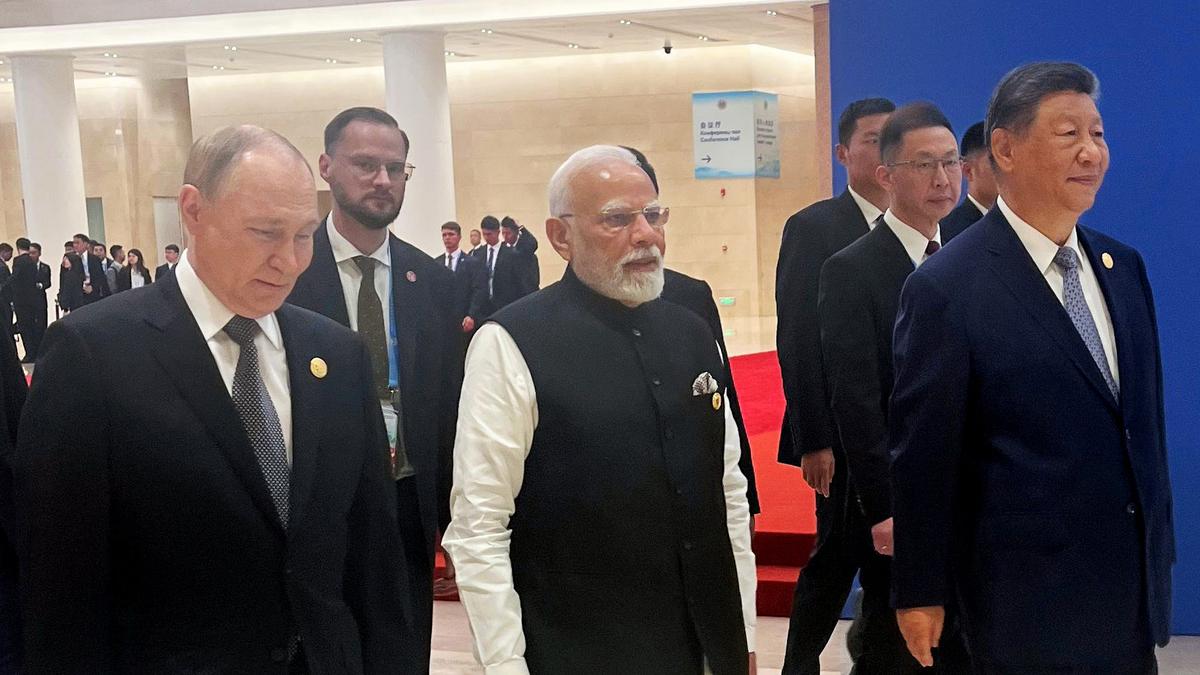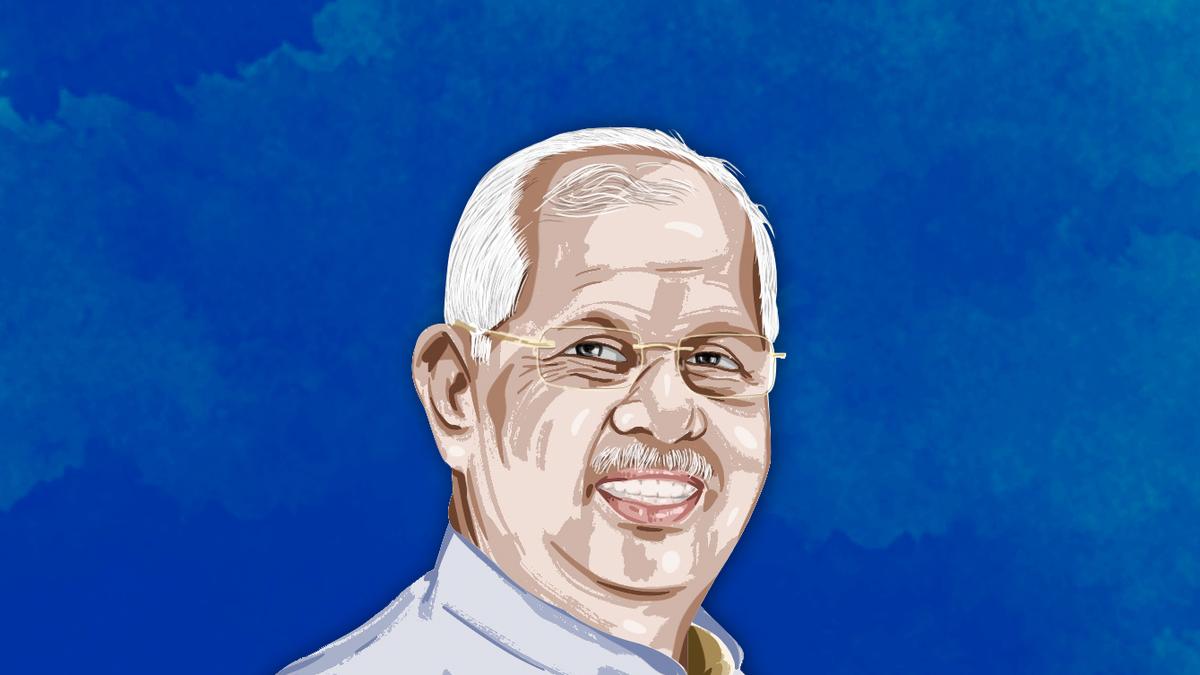ARTICLE AD BOX
The Congress on Thursday cautiously welcomed the GST reforms announced Wednesday but pointed out that the step came “eight years too late”.
The reforms pave the way for a broad two-slab structure of five per cent and 18 per cent, with a demerit rate of 40 per cent only for super luxury, sin and demerit goods.
In a statement, former union finance minister P Chidambaram said the GST rationalisation and rate reductions are welcome, “but one is left with the thought that these steps are eight years too late”.
“I am happy that the government has realised that the path on which they had walked for 8 years was wrong, and done a U-turn. It should have always been a Good and Simple Tax… The middle and poor classes will heave a sigh of relief,” Chidambaram said. “The government and, in particular, the FM had defended the flawed design and the complicated multiple rates so far. It is heartening to see the FM and other government leaders applauding the changes made yesterday.”
In another statement, party chief Mallikarjun Kharge said the Congress had been demanding the simplification of GST for nearly a decade.
“The Modi government turned ‘One Nation, One Tax’ into ‘One Nation, 9 Taxes’,” said the Rajya Sabha Leader of Opposition. “The Congress Party had demanded GST 2.0 with a simple and rational tax system in its 2019 and 2024 manifestos. We had also demanded the simplification of GST’s complex Compliances, which had severely affected MSMEs and small businesses,” he said.
Kharge said it is a “good thing” that, even if eight years late, the Union government has woken from its “Kumbhakarnian sleep”.
Story continues below this ad
Congress leader Jairam Ramesh, meanwhile, said it remains to be seen if the reforms stimulate private investment, and that the wait for a “true GST 2.0” continues.
“Presumably, the benefits of rate cuts will be passed on to consumers. However, the wait for a true GST 2.0 continues. Whether this new GST 1.5, if it can be called that, stimulates private investment – especially in manufacturing – remains to be seen. Whether this will ease the burden on MSMEs, time alone will tell. Meanwhile, one key demand of the states made in the true spirit of cooperative federalism — namely, the extension of compensation for another five years to fully protect their revenues — remains unaddressed. In fact, that demand assumes even greater importance now,” said Ramesh.
“The Union Finance Minister has made major announcements last evening after the meeting of the GST Council, which is a constitutional body. However, even before the GST Council meeting, the Prime Minister had already proclaimed the substance of its decisions in his Independence Day speech of August 15th, 2025. Is the GST Council to be reduced to a formality?” Ramesh said.
He said that faced with a lack of buoyancy in private consumption, subdued rates of private investment, and endless classification disputes, Union Finance Minister Nirmala Sitharaman had finally recognised that GST 1.0 had reached a “dead end”. “In fact, the very design of GST 1.0 was flawed and this had been pointed out by the INC way back in July 2017 itself, when the PM had made one of his typical U turns and decided to introduce GST. It was meant to be a Good and Simple Tax. It turned out to be a Growth Suppressing Tax,” said Ramesh.



.png)
.png)
.png)























 English (US) ·
English (US) ·